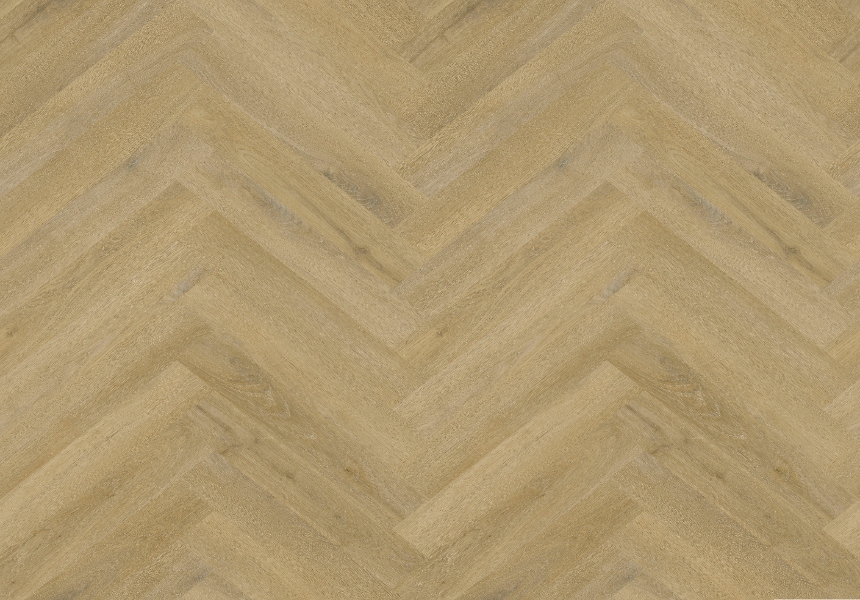
Vinyl flooring is a popular floor material that is widely used because of its durability, waterproofness, and easy maintenance. Many buyers are concerned about an important question: Is vinyl flooring suitable for concrete floors? This article will analyze from the following four perspectives to help buyers make wise decisions.

Concrete floors are suitable for basic conditions for vinyl flooring
Vinyl flooring is very compatible with concrete floors, but the premise is that the concrete floor must meet certain basic conditions. First, the concrete floor must be flat, smooth and clean. Any cracks, depressions or uneven areas may affect the installation effect of the vinyl floor, causing uneven laying or warping problems. Therefore, before installing the vinyl floor, it is recommended to conduct a comprehensive inspection and repair of the concrete floor to ensure that the flatness meets the standard.
In addition, the dryness of the concrete floor is also crucial. The newly poured concrete floor needs to be completely dry before laying the vinyl floor, which usually takes at least 28 days of drying time. Too wet ground may cause the adhesive at the bottom of the floor to fail, which will affect the life of the vinyl floor.
Concrete floors often absorb and release moisture, so moisture-proof treatment must be fully considered when installing vinyl flooring. Although vinyl flooring itself is waterproof, moisture from the concrete may penetrate upward through the ground, affecting the stability of the floor.
To avoid such problems, it is usually recommended to lay a moisture-proof layer between the vinyl floor and the concrete floor or use a special moisture-proof adhesive. This extra step can effectively prevent moisture from affecting the vinyl floor and ensure its long-term durability. Moisture-proof measures are even more important for concrete floors in humid environments such as basements.
Vinyl flooring offers a variety of installation methods, such as locking and adhesive, which makes it flexible for different types of floors, including concrete floors.
Locking vinyl flooring: This installation method does not require glue, but uses a locking system to splice the flooring together and can be directly suspended above the concrete floor. As long as the ground is flat, this installation method is very convenient and suitable for home and commercial spaces.
Glued vinyl flooring: This method requires the flooring to be fixed to the ground with special glue, which usually requires a higher base ground flatness, but it is more secure after installation. For areas with high traffic or spaces that require long-term stability, adhesive vinyl flooring is a better choice.
Regardless of the installation method, as long as the base is flat, dry and moisture-proof, vinyl flooring can be successfully installed on concrete floors.
Vinyl flooring is known for its durability and easy-to-clean characteristics, especially on concrete floors. As a hard and stable base, the concrete floor can provide strong support for the vinyl floor, thereby extending the service life of the floor.
Vinyl flooring does not require complicated daily maintenance, only regular cleaning and maintenance. Compared with materials such as wooden floors or tiles, vinyl flooring is not only easy to install on concrete floors, but also can cope well with various daily wear and tear, such as furniture moving and frequent walking. In addition, its waterproof and moisture-proof characteristics enable it to maintain good condition even in humid environments.
In summary, vinyl flooring is very suitable for concrete floors. As long as the base floor is flat, dry and moisture-proof, the diverse installation methods and strong durability of vinyl flooring can make it perform well on concrete. For buyers, vinyl flooring is not only an ideal choice on concrete floors, but also a cost-effective long-term investment.